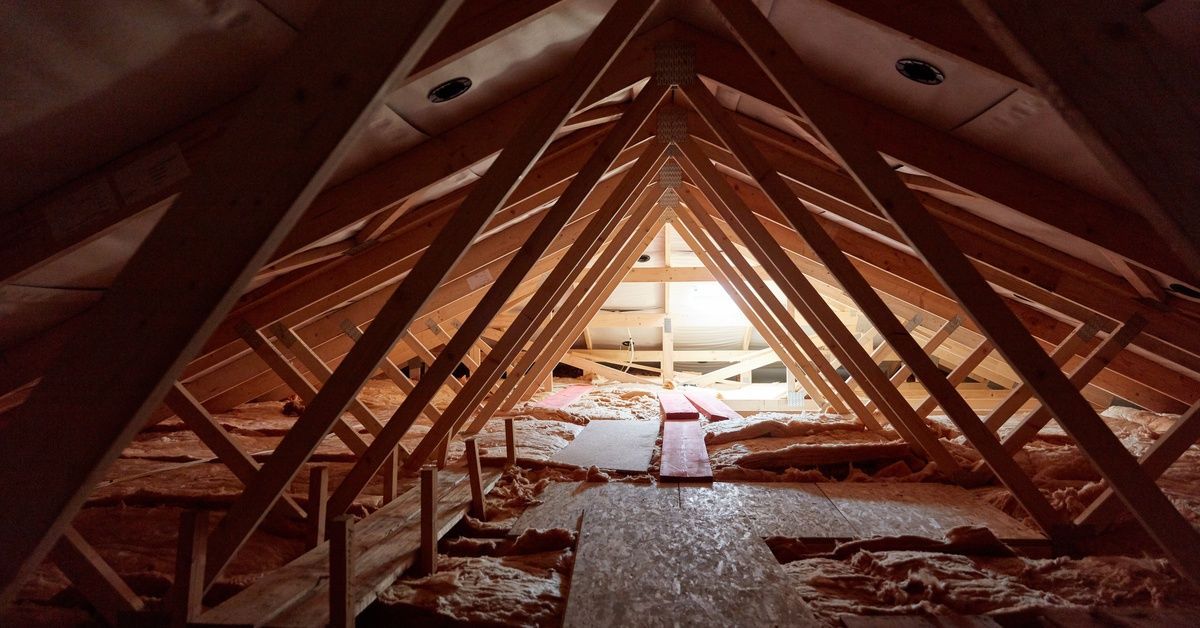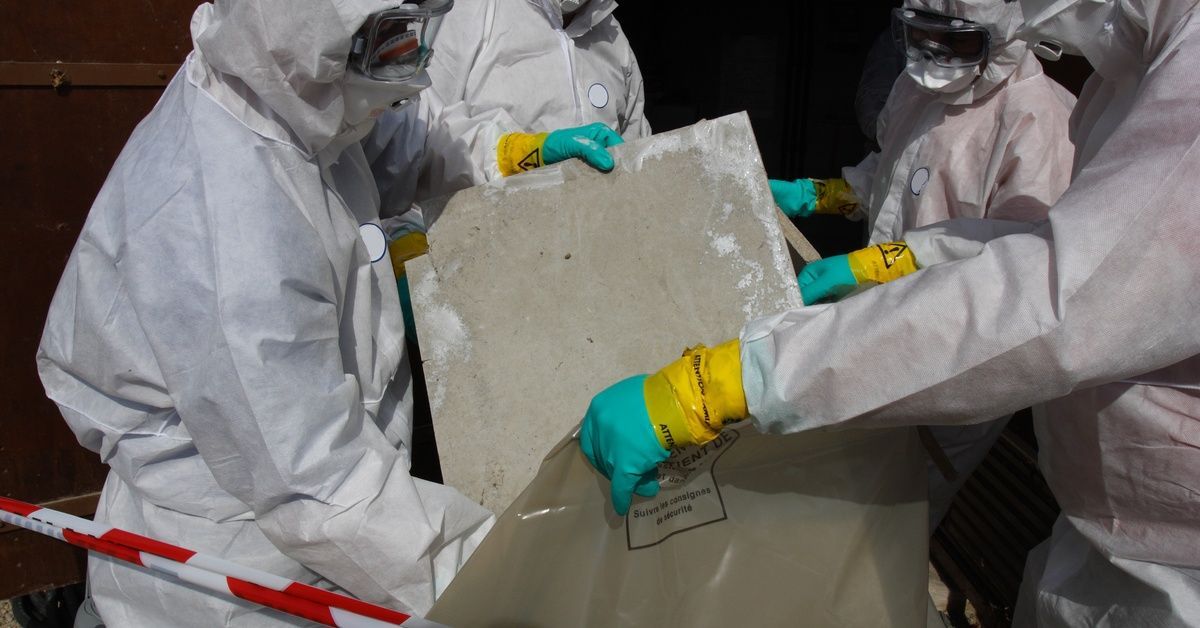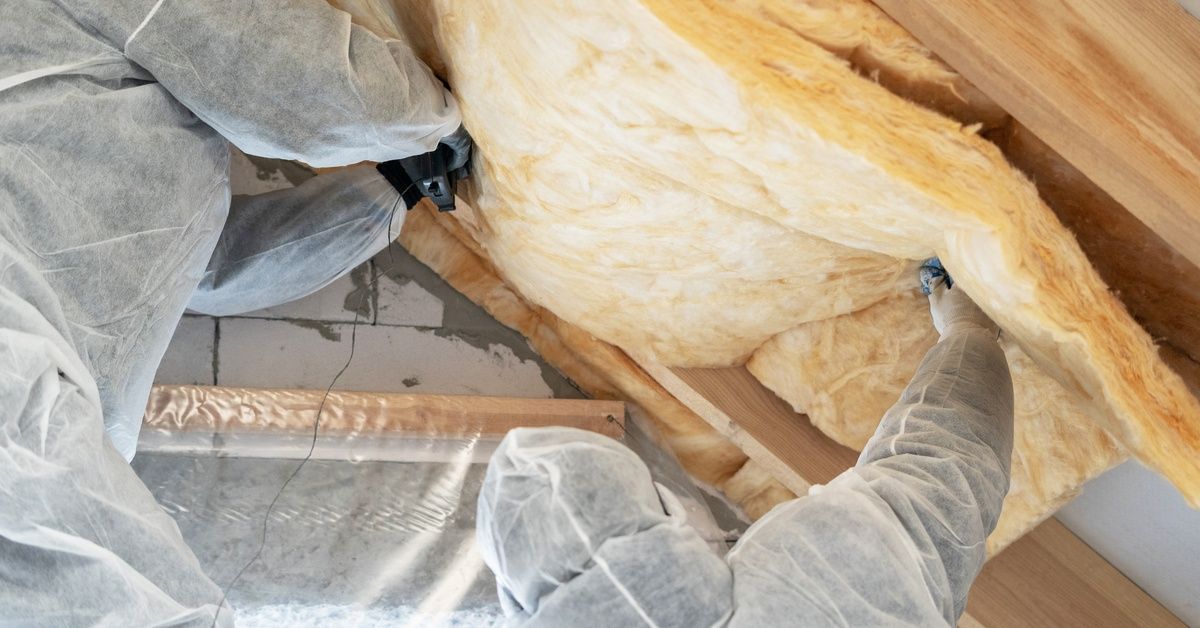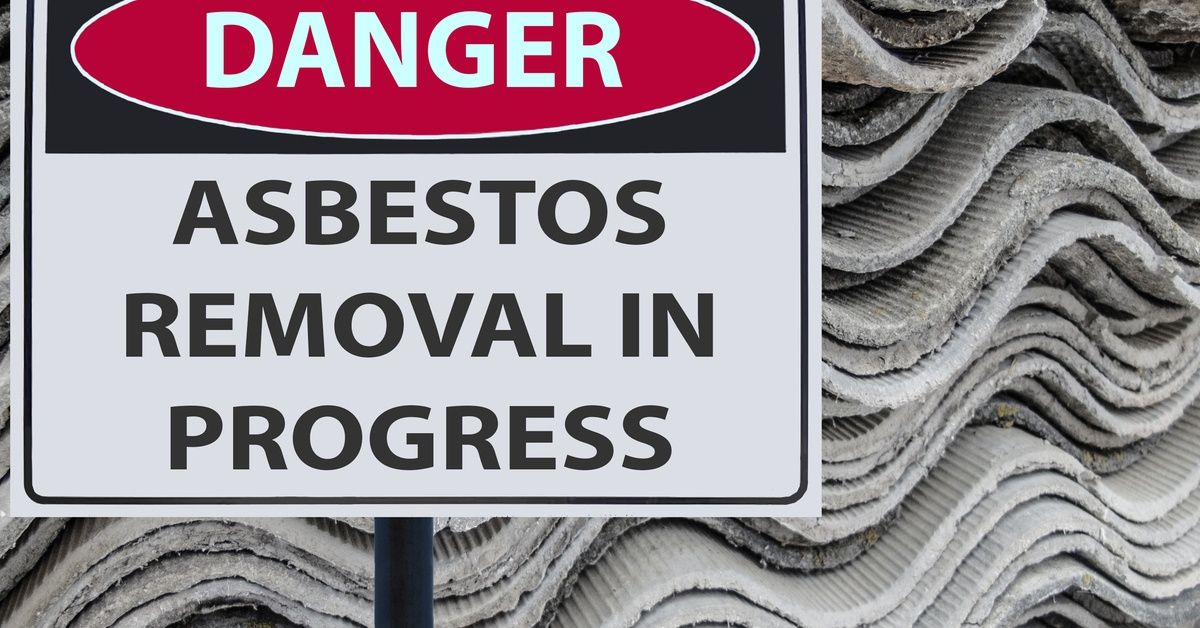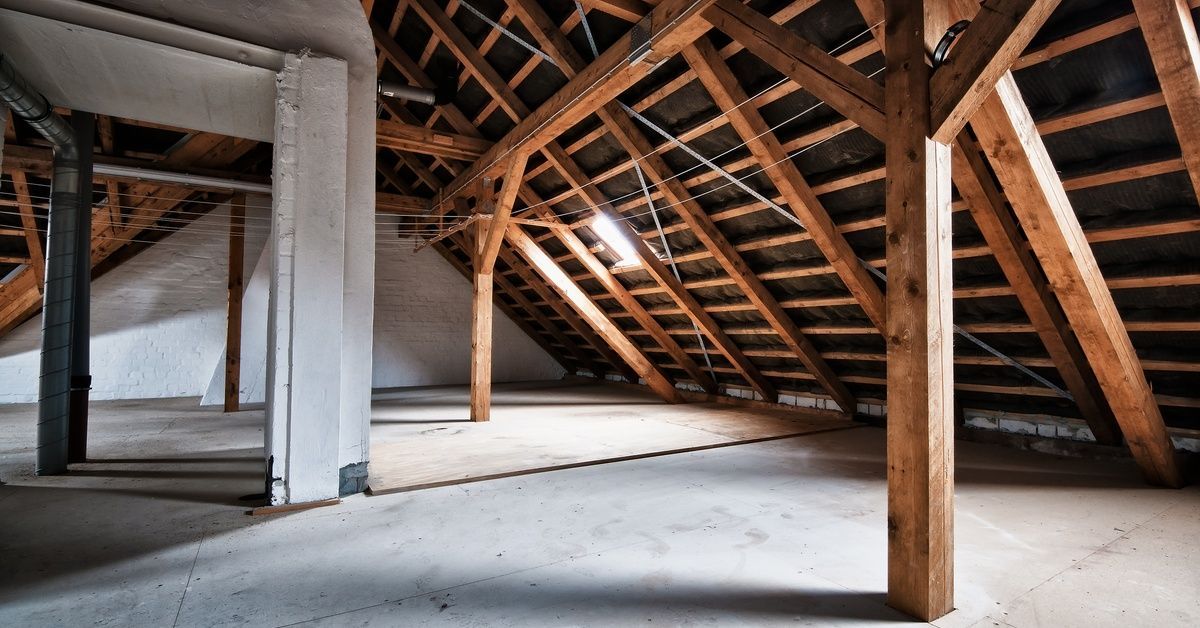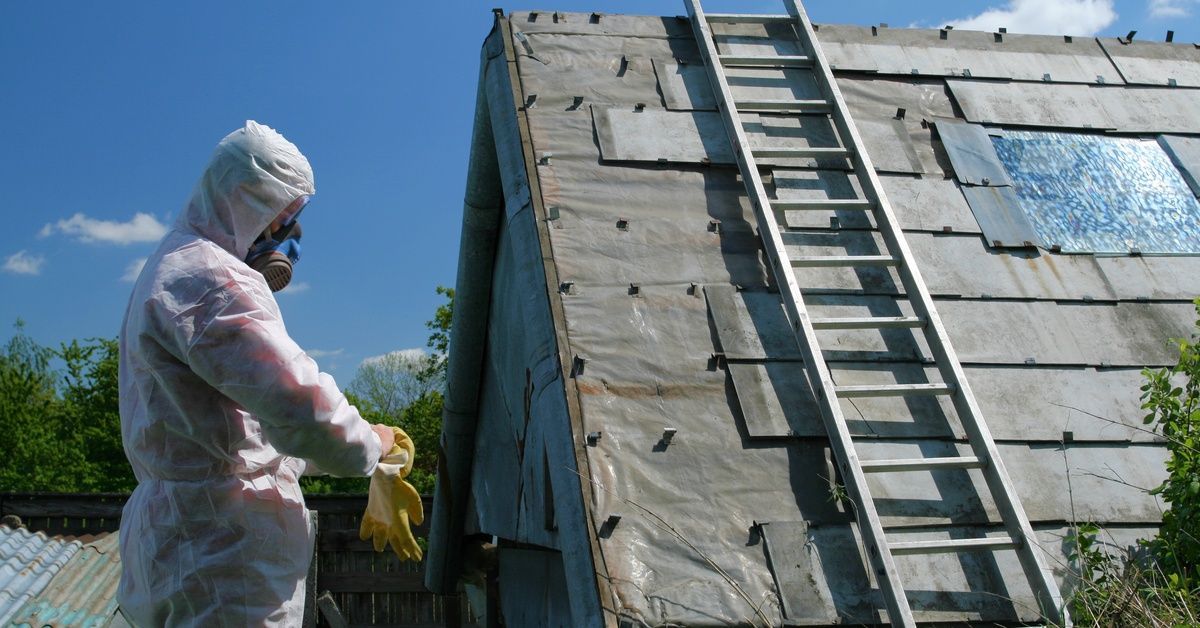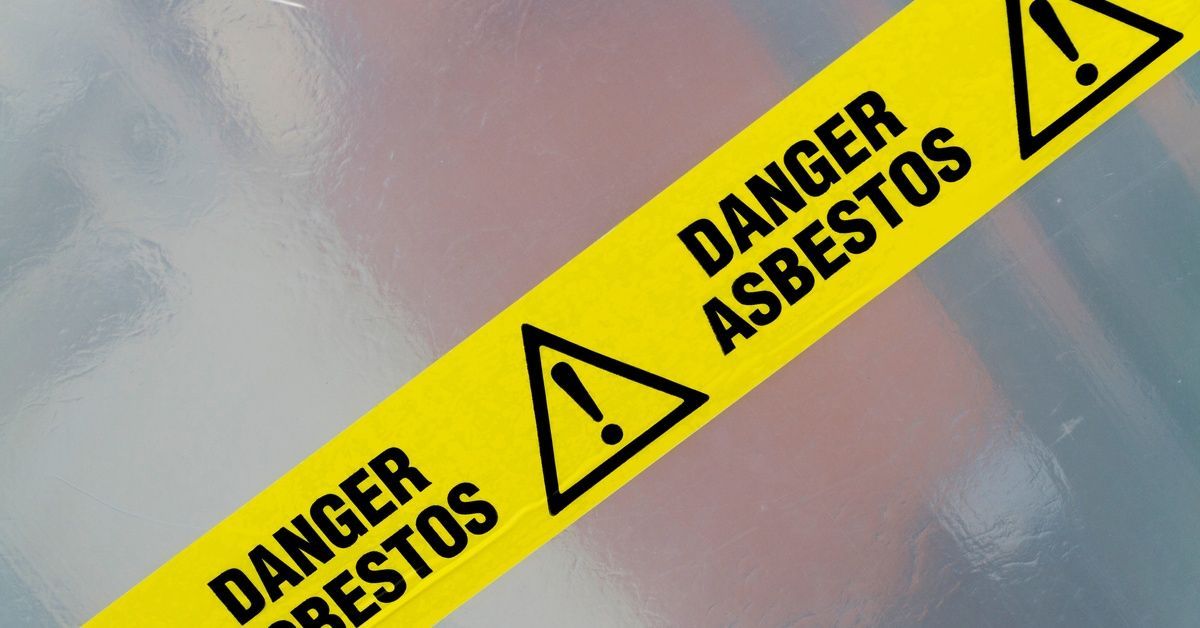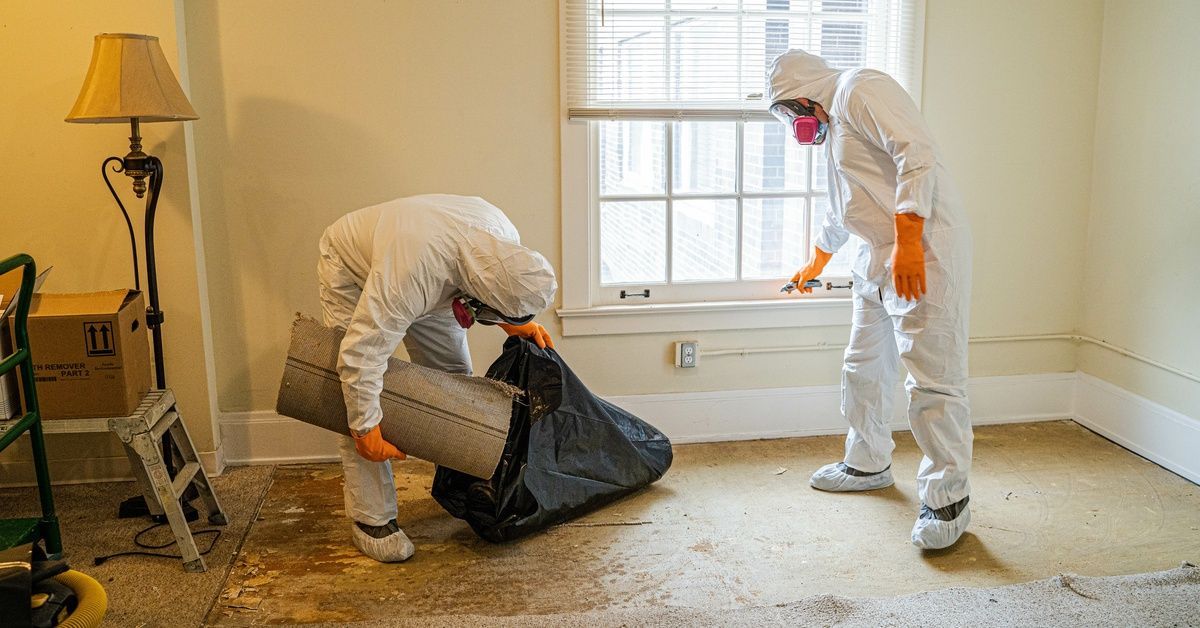The Pros and Cons of Gardening With Vermiculite
Gardening with vermiculite offers many benefits for homeowners seeking to enhance their soil and improve plant health. This lightweight, mineral-based product is a favorite among gardening enthusiasts due to its unique properties.
However, like any gardening material, it comes with distinct advantages and disadvantages. Understanding the pros and cons of gardening with vermiculite can help you make the best choice for your home’s garden.
The Benefits of Using Vermiculite in Your Garden
Vermiculite has excellent moisture-retention capabilities, making it an ideal choice for homeowners looking to maintain consistent soil hydration. When mixed into the soil, it absorbs water and gradually releases it, ensuring that plants receive a steady supply of moisture.
Another advantage of vermiculite is its ability to aerate the soil. Its lightweight structure creates space within compacted soil, allowing roots to grow freely and access oxygen more easily.
Additionally, vermiculite is pH neutral, meaning it won't alter the acidity or alkalinity of your soil. It also contains trace minerals such as magnesium and calcium, which can benefit plant development.
Potential Drawbacks of Vermiculite
Despite its benefits, vermiculite has some limitations that homeowners should consider. One significant concern is its cost. Vermiculite is usually more expensive than other soil amendments, such as perlite or compost.
Another drawback is its limited nutrient content. While vermiculite does provide some trace minerals, it doesn’t offer the rich nutrient profile of organic materials like compost or manure. Gardeners may need to supplement their soil with additional fertilizers to meet their plants’ needs.
Additionally, vermiculite can break down over time, losing its structural integrity. This loss of structural integrity will require you to replenish it periodically to maintain its effectiveness in the soil.
Practical Applications of Vermiculite
Vermiculite is particularly useful for starting seeds and propagating cuttings. Its moisture-retention properties create a stable environment for young plants, helping them establish roots quickly. Homeowners can also use it as a soil conditioner, mixing it with garden soil to improve aeration and water retention.
It’s also a popular choice for container gardening. Adding vermiculite to potting mixes ensures that plants in containers receive adequate moisture, even in smaller spaces.
Making an Informed Decision
When deciding whether to incorporate vermiculite into your garden, weigh its benefits and drawbacks carefully. While it can significantly improve soil health and plant growth, its cost and limited nutrient content may require additional considerations. By understanding its uses and limitations, you can make the best choice for your gardening goals.
The pros and cons of gardening with vermiculite highlight its potential to transform your garden while emphasizing the need for mindful use. Whether you’re enhancing your soil’s structure or starting seeds, vermiculite can prove beneficial for gardeners.
For those tackling other home improvement projects, such as asbestos abatement in MA, it’s equally important to rely on expert advice to ensure safety and success. Let Air Safe test your home for vermiculite and asbestos exposure to keep it as beautiful and healthy as your garden.

